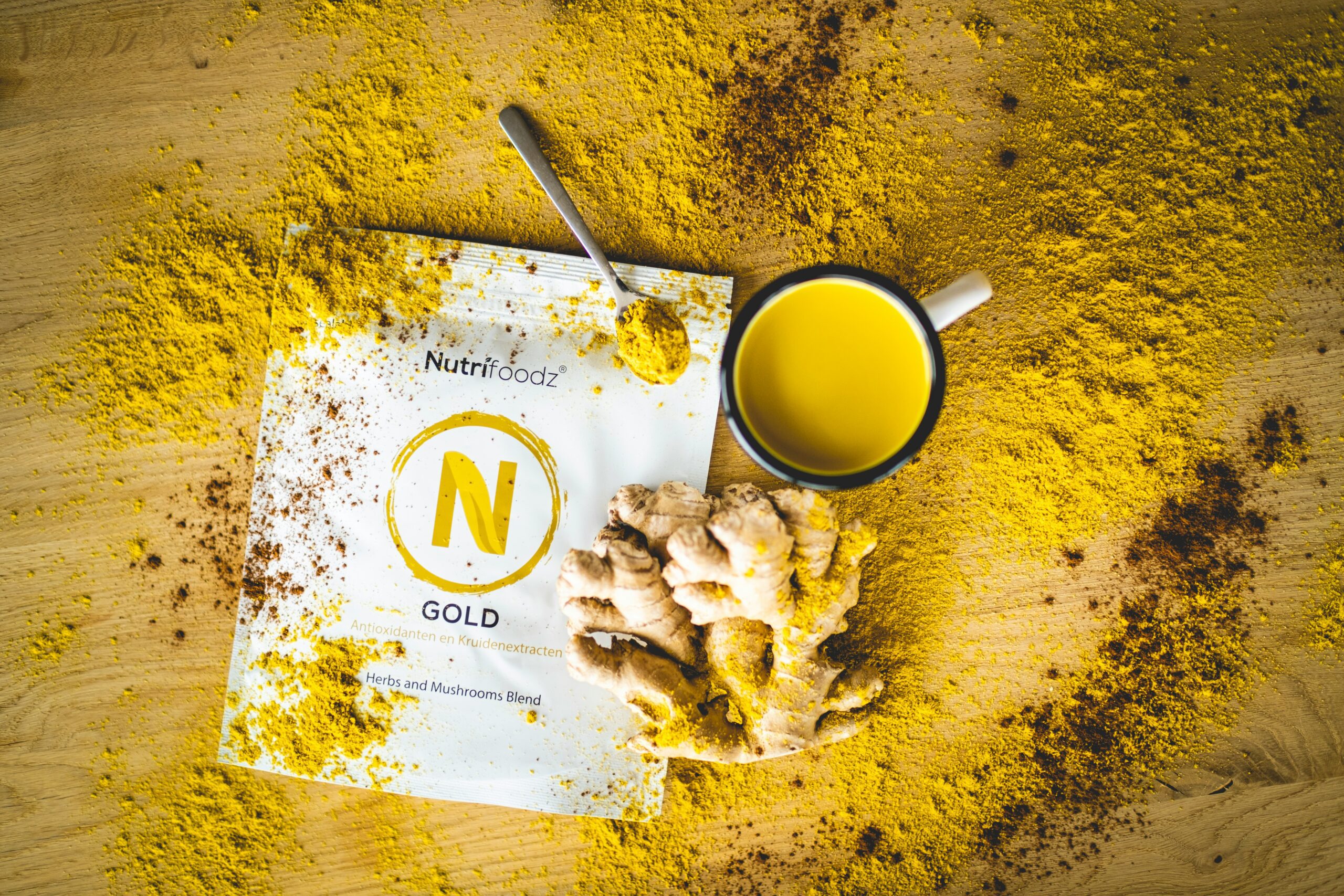

Introduction to Superfoods
Superfoods have taken the health and wellness world by storm. But what exactly makes a food “super”? The term is often tossed around, promising miraculous benefits and quick fixes for our dietary woes. With so many options available, it can be overwhelming to know which foods truly deserve the title of superfood. Are they just a marketing gimmick or do they actually hold significant nutritional value? Understanding these powerhouse ingredients is key to enhancing your diet without falling prey to trends. Let’s dive in and uncover the truth about superfoods, their benefits, how to include them in your meals, and some common misconceptions that might surprise you.
Popular Superfoods and Their Benefits
Blueberries are tiny powerhouses. Packed with antioxidants, they help combat oxidative stress and may improve brain function. Toss them in your morning oatmeal or enjoy them as a snack.
Kale has earned its superfood status for good reason. Rich in vitamins A, C, and K, it supports immune health and promotes skin vitality. Blend it into smoothies or use it as a base for salads.
Quinoa is often hailed as a complete protein source. It contains all nine essential amino acids, making it an excellent choice for vegetarians and vegans alike. Use quinoa instead of rice or pasta to boost your meals.
Chia seeds are versatile little gems loaded with omega-3 fatty acids. They can aid heart health and provide energy throughout the day. Sprinkle them on yogurt or mix them into smoothies for added nutrition.
Each of these foods offers unique benefits that can enhance your overall wellness journey.
How to Incorporate Superfoods in Your Diet
Incorporating superfoods into your diet can be both fun and simple. Start by adding a handful of berries to your morning oatmeal or yogurt. Their antioxidants boost your immune system while giving you a sweet kick.
Experiment with smoothies. Blend spinach, kale, or even spirulina with fruits for a nutritious drink that feels like dessert. You won’t even taste the greens!
Consider swapping regular grains for quinoa or farro in salads and bowls. These ancient grains are protein-rich and keep you feeling full longer.
Don’t forget about nuts and seeds! They make great snacks on their own but also enhance salads or cereals with healthy fats.
Try introducing superfood powders like maca or matcha to baked goods. A little goes a long way in elevating nutrition without sacrificing flavor. Enjoy the journey of discovering delicious ways to nourish yourself!
Myths and Misconceptions About Superfoods
Superfoods often come with a cloud of misinformation. One common myth is that simply eating superfoods guarantees health or weight loss. While these foods are nutrient-dense, they aren’t magic bullets.
Another misconception is that all superfoods must be exotic or expensive. Many everyday items, like blueberries and spinach, pack a powerful nutritional punch without breaking the bank.
Some believe consuming large quantities of one superfood will dramatically improve health. Balance is key; overdoing it can lead to undesired effects.
There’s the idea that superfoods can replace other healthy foods in your diet. Variety remains essential for overall nutrition and well-being. Embracing a wide range of foods ensures you get diverse nutrients necessary for optimal health.
The Importance of a Balanced Diet
A balanced diet is essential for maintaining good health. It provides your body with the nutrients it needs to function optimally. Each food group has its role, from proteins that build and repair tissues to carbohydrates that fuel energy.
Incorporating a variety of foods ensures you’re not missing out on vital vitamins and minerals. Fruits and vegetables are packed with antioxidants, while whole grains offer fiber that aids digestion.
Moderation plays a crucial part too. Indulging occasionally in treats keeps meals enjoyable without derailing your nutrition goals.
Listening to your body’s hunger cues can help you make better choices as well. When you nourish yourself properly, you’ll notice improvements in mood, energy levels, and overall well-being.
Emphasizing balance rather than restriction allows for flexibility in your eating habits while still prioritizing health. This approach fosters a positive relationship with food over time.
Conclusion
Superfoods are more than just a trendy topic in health circles. They offer real benefits that can enhance your overall well-being. However, it’s essential to remember that no single food can provide everything you need for optimal health.
Incorporating superfoods into your diet should be about balance and variety. Explore different options and find what works best for you. Remember, the key is moderation and harmony within your meals.
Staying informed will help debunk myths surrounding these nutrient-dense foods. Knowledge empowers better choices, leading to healthier eating habits over time.
Focus on a balanced diet filled with a range of fruits, vegetables, proteins, and whole grains. Your body will thank you for it as you embrace the vibrant world of superfoods while maintaining nutritional equilibrium in your life.
